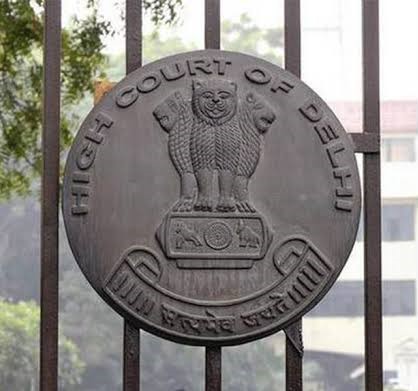Latest News
Section 3(k) of the Patents Act, 1970 clarified by Delhi HC

Justice Pratibha Singh allowed a writ petition challenging the order passed by IPAB where it confirmed the order of the Patent Office which in turn rejected a patent application filed by the petitioner.
The petitioner had filed for a patent for a “method and device for accessing information sources and services on the web”. The Patent Office rejected the patent stating that the patent stood blocked by the provisions of Section 3(k) of the Patent Act, 1970. An appeal against this order was dismissed by the IPAB and hence aggrieved; the petitioner filed a writ petition in the HC.
The counsel of the petitioner argued that in case of a patent application where the object seeking a patent presents its user a better and more efficient database search strategies and features like more memory utilization or higher speeds, these features would constitute ‘technical effect’. Hence the rejection of the claim was not in accordance with the law. The counsel for the respondent opposed the writ petition. They stated that Section 3(k) states that a ‘computer program per se’ does not fall within the scope of invention as meant in the Patent Act.
In the present matter, the HC observed that “Section 3(k) has a long legislative history and various judicial decisions have also interpreted this provision. The bar on patenting is in respect of `computer programs per se….’ and not all inventions based on computer programs. In today?s digital world, when most inventions are based on computer programs, it would be retrograde to argue that all such inventions would not be patentable. Innovation in the field of artificial intelligence, blockchain technologies and other digital products would be based on computer programs, however, the same would not become non- patentable inventions – simply for that reason. It is rare to see a product that is not based on a computer program. Whether they are cars and other automobiles, microwave ovens, washing machines, refrigerators, they all have some sort of computer programs in-built in them. Thus, the effect that such programs produce including in digital and electronic products is crucial in determining the test of patentability.
Patent applications in these fields would have to be examined to see if they result in a `technical contribution?”
The HC also held that the words ‘per se’ were introduced to honour the genuine inventions “which are developed based on computer programs”. The HC thus advised the Patent Office to re-examine the patent application by the petitioner bin light of the observations made.
Ferid Allani v. Union of India, WP(C) No. 7 of 2014
Document:



































































































